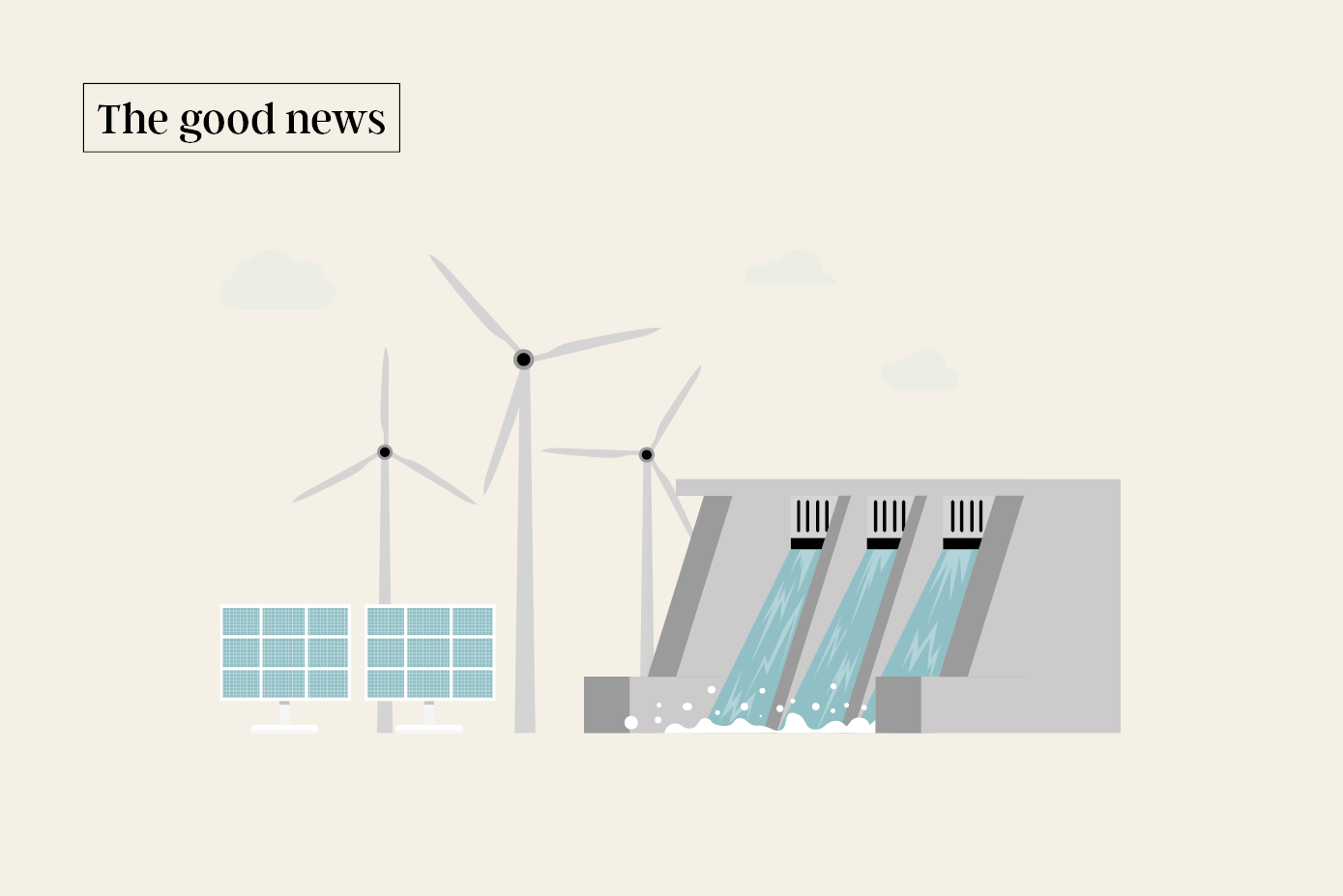Editorial
An obligation to borrow
Politicians of various nations are voicing plans to stabilise the financial sector, and their ideas seem to be pretty much in harmony. There is much more at stake, of course, than outrage over greed and bankers’ bonuses. Today, everyone is paying lip service at least to regulating financial markets strictly. The measures being taken to stimulate macroeconomic demand, however, still seem utterly uncoordinated.
That must change. We are in a global economic crisis, and no nation will find an escape on its own. “Demand stabilisation” has become another item on the long list of political issues which individual nation states can no longer handle on their own. So far, governments are only rising to the new challenge in a halfhearted manner. And there is reason to fear that, in view of unexpected turmoil, they will neglect other matters in which no progress can be made without multilateral agreement – such as climate protection, world trade or poverty reduction, to name only three.
It does not make sense to meticulously scrutinise whether a stimulus package will really only serve job security at the national level. Attempts to postpone the global challenges in order to first shake off national recession fears will only exacerbate humankind’s problems. Governments of the rich world have to coordinate to boost global demand, as the alternative would be a global depression. Time and means are limited. Those responsible – if they want to do justice to the term – now must finance the global transition to an environmentally sustainable world economy. And it is perfectly all right for governments to amass heavy debt burdens to achieve that goal. This is about desperately needed investments to secure the future.
In tough times, countries with relatively strong economies, such as the USA or Germany, remain creditworthy. But small EU members like Ireland and Greece or even G8 country Italy only get fresh money at very high interest rates. That means that newly industrialising and developing countries now depend on international finance institutions and official development assistance (ODA).
In the global economic crisis, it is becoming more evident than ever before that humankind needs something like global governance. That awareness is painful, because, so far, there are no institutions that could rise to these daunting challenges with undisputed legitimacy and competence. The International Monetary Fund and its programmes have been a source of contention for a long time. Without its reform process having made much progress, the Fund is gaining new significance in the current crisis. Similar things can be said of the World Bank.
International finance institutions are now more desperately in demand than ever before. They must return to their Keynes - ian origins fast. They have to provide emerging and developing countries with the fiscal and political leeway their leaders need to intervene in crisis-hit economies in constructive and meaningful ways.








